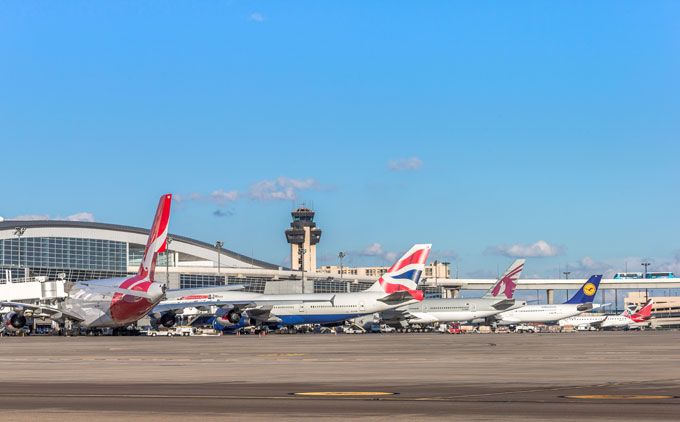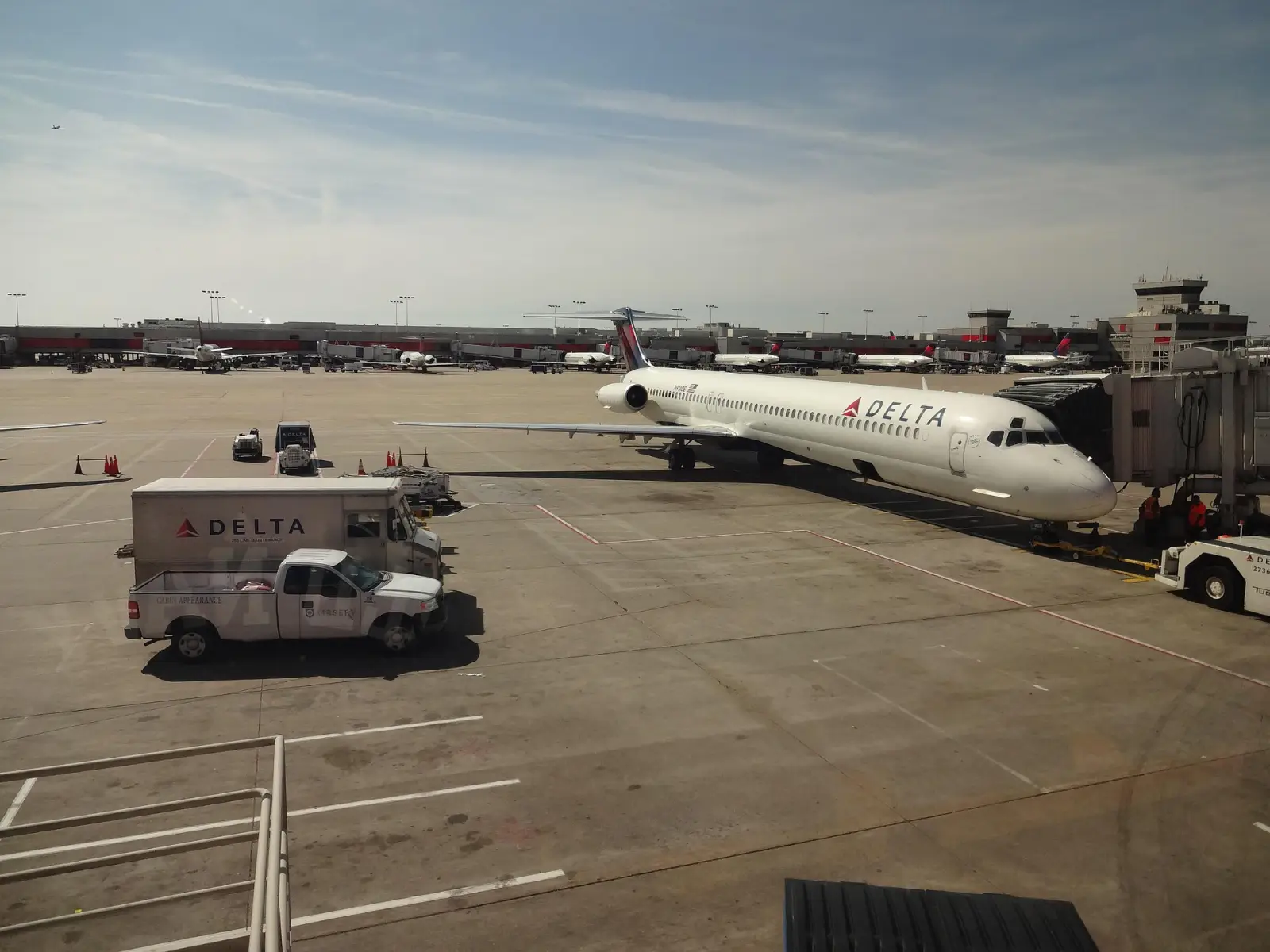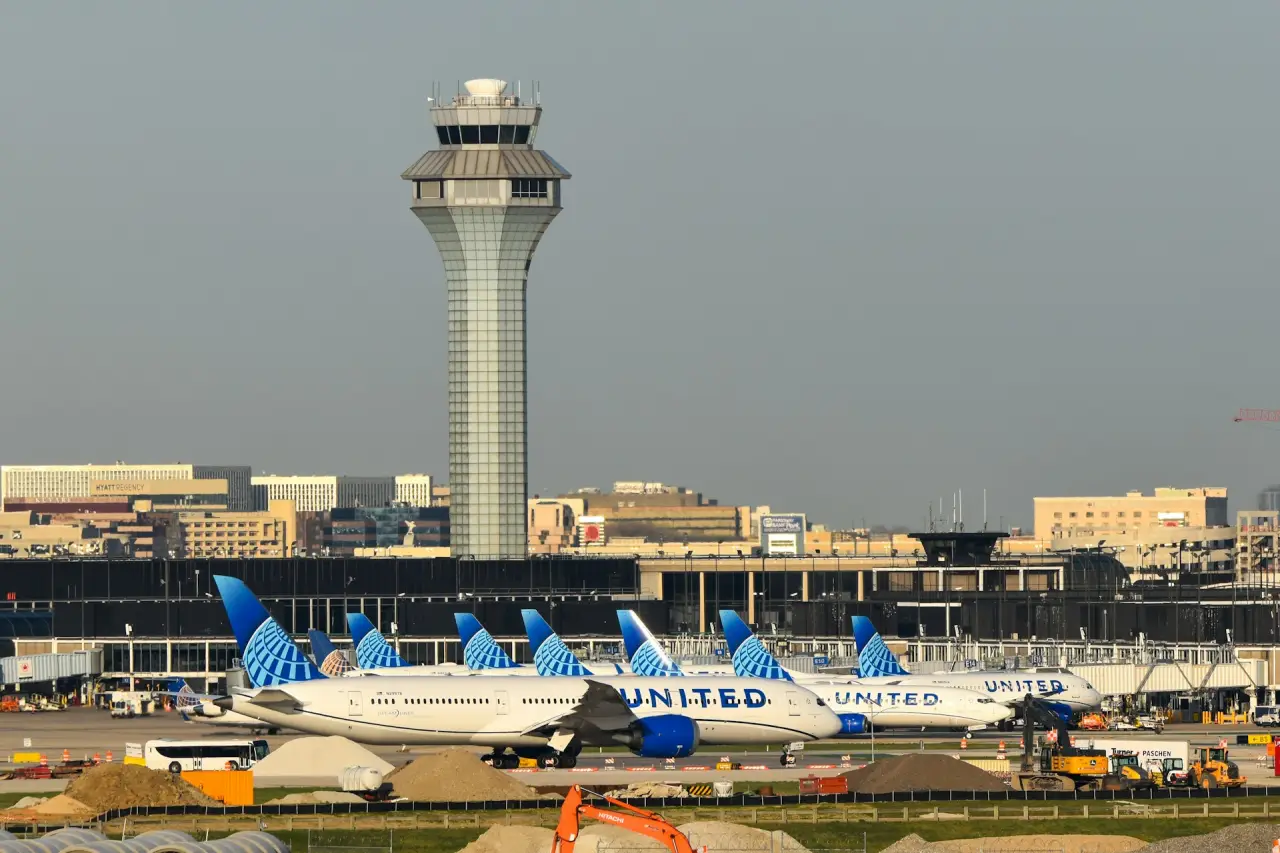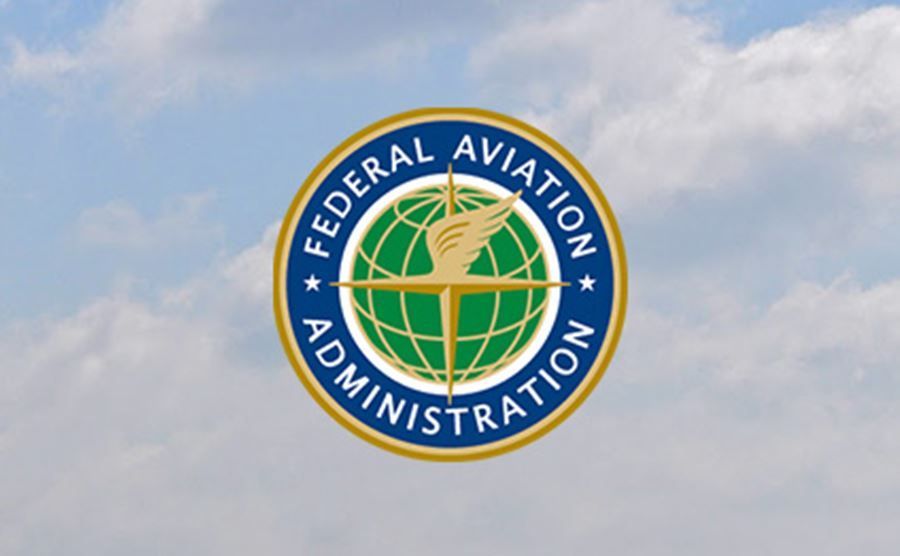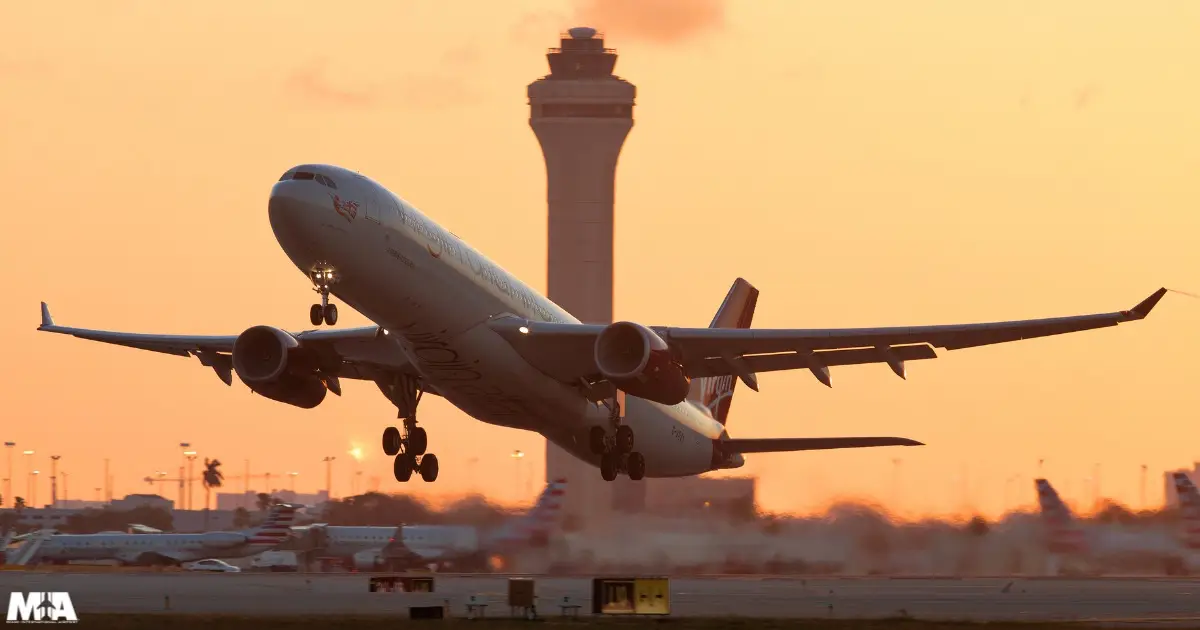FAA will provide $180 million in infrastructure grants for the construction of two major taxiway complexes at Dallas-Fort Worth International Airport (DFW).
Under the terms of a Letter of Intent, the first to be issued since 2011, the airport may proceed with the project immediately and be reimbursed for the federal share in a series of grants over the next several years.
“This investment in two new taxiways at the Dallas-Fort Worth International Airport will help ensure more efficient movement of travelers and commercial goods through the fourth busiest airport in our nation,” said U.S. Secretary of Transportation Elaine L. Chao.
The new perimeter taxiways will enable aircraft to reach their gates without waiting to cross other runways during busy periods. Dallas-Forth Worth International is the country’s fourth-busiest airport. Last year the airport accommodated more than 650,000 takeoffs and landings carrying an estimated 67 million passengers.
The money for the construction work at DFW will come from the https://www.faa.gov/airports/aip/”>Airport Improvement Program (AIP), which supports the construction of infrastructure at more than 3,000 airports of all sizes throughout the United States, including new and reconstructed runways, taxiways and other critical airfield infrastructure, as well as safety equipment.
The FAA is providing $135 million in discretionary funds, plus another $45 million in entitlement funds. The total cost of the projects is estimated to be $278 million, of which 65 percent will be funded through AIP grants.
The new taxiways will be built on the northeast and southwest ends of the airport’s runway complexes. An existing perimeter taxiway is located on the southeast side of the airport and is used daily during the busiest traffic periods to keep the airfield running smoothly. Work on the new taxiway on the airport’s northeast side is expected to begin in 2019, with construction of the remaining taxiway expected in 2021.
The nation’s infrastructure – especially its system of 3,332 airports and 5,000 paved runways – is essential to the United States’ economic competitiveness and the traveling public’s quality of life. According to the FAA’s most recent economic analysis, U.S. civil aviation accounts for $1.6 trillion in total economic activity and supports nearly 11 million jobs.

